knowledge
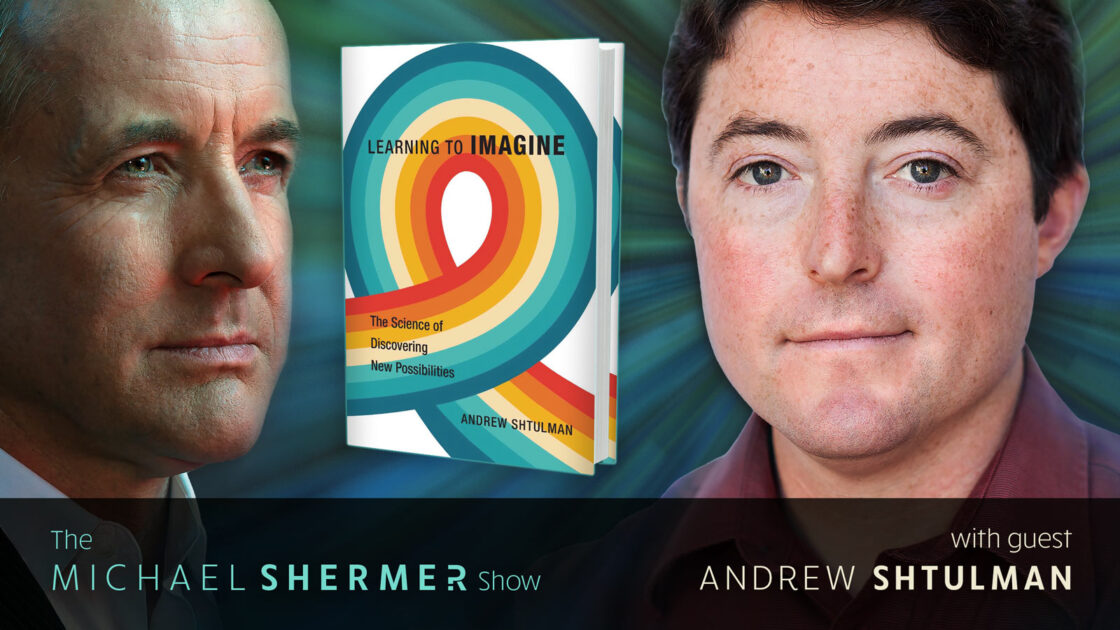
Shermer and Shtulman discuss: • imagination: the capacity to generate alternatives to reality • imagination’s purpose and structure • anomalies and counterfactuals • principles: scientific, mathematical, ethical • models: pretense, fiction, religion • development of imagination • how children understand causality • purpose of pretend play • theory of mind • religious practices • AI and creativity • The Beatles • Montessori education.

Shermer and Winchester discuss: how to become a professional writer • ChatGPT, GPT-4, and AI • knowledge as justified true belief • What is truth? • Are we living in a post-truth world of fake news and alternative facts? • education, past and present • books and the printing press • the history and future of encyclopedias • museums: repatriating objects taken during colonialism • print and broadcast journalism • internet and knowledge.
Michael Shermer speaks with Brian Klass about power and corruption, based on his book Corruptible: Who Gets Power and How it Changes Us. PLUS: In Memoriam: Edward O. Wilson (1929–2021) — entomologist, evolutionary theorist, and unifier of all knowledge. Read the interview from Skeptic 6.1 (1998).

In Memoriam: Edward O. Wilson (1929–2021) — entomologist, evolutionary theorist, and unifier of all knowledge. Read an extensive and intimate interview we published in Skeptic in 1998, Vol. 6, No. 1, conducted by our editor Frank Miele, upon the occasion at the time of the publication of Wilson’s game-changing book Consilience.
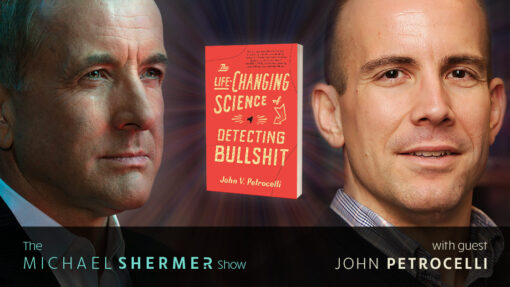
In episode # 207, Michael Shermer speaks with experimental social psychologist and Professor of Psychology at Wake Forest University, John Petrocelli about his research that examines the causes and consequences of bullshit and bullshitting in the way of better understanding and improving bullshit detection and disposal.
In episode # 207, Michael Shermer speaks with experimental social psychologist and Professor of Psychology at Wake Forest University, John Petrocelli about his research that examines the causes and consequences of bullshit and bullshitting in the way of better understanding and improving bullshit detection and disposal. PLUS, the newest issue of Skeptic magazine (26.3: UFOs and UAPs) is now available in print and digital formats.
In Science Salon # 72, Michael Shermer speaks with visionary astronautical engineer Robert Zubrin where he lays out the plans for how humans can become a space faring, multi-planetary civilization; PLUS social psychologist Carol Tavris reminds us just how imperative it is that justice requires us to assess the evidence when public opinion and emotion are weighted heavily in favor of one side.
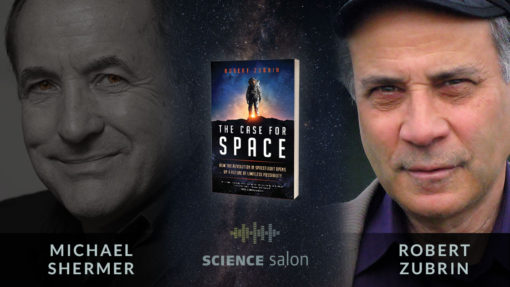
In Science Salon # 72, Michael Shermer speaks with visionary astronautical engineer Robert Zubrin where he lays out the plans for how humans can become a space faring, multi-planetary civilization.
In this wide-ranging dialogue Michael Shermer talks with Astronomer Royal Sir Martin Rees — a leading astrophysicist as well as a senior figure in UK science and a public intellectual in England and America.
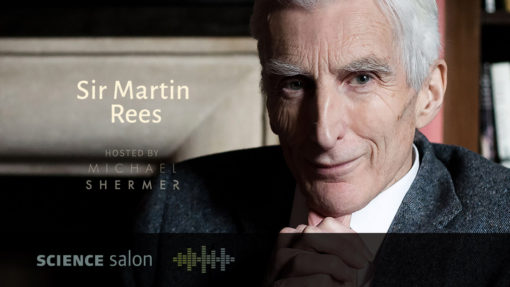
In this wide-ranging dialogue Michael Shermer talks with Astronomer Royal Sir Martin Rees — a leading astrophysicist as well as a senior figure in UK science and a public intellectual in England and America.
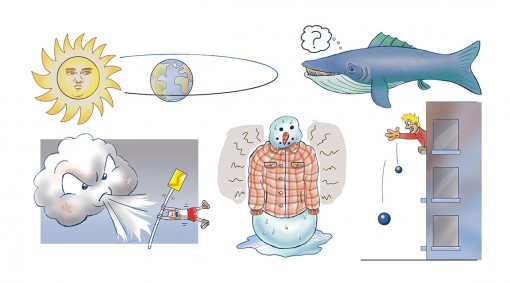
How is it that naïve intuitions can survive the acquisition of contradictory scientific knowledge? Andrew Shtulman discusses the psychological concepts of knowledge enrichment and conceptual change, inquiring into why it is so difficult for scientific knowledge to take root, and whether scientific knowledge can overwrite deep-seated forms of intuition.
How is it that naïve intuitions can survive the acquisition of contradictory scientific knowledge? In this week’s eSkeptic, Andrew Shtulman discusses the psychological concepts of knowledge enrichment and conceptual change, inquiring into why it is so difficult for scientific knowledge to take root, and whether scientific knowledge can overwrite deep-seated forms of intuition.
In this week’s eSkeptic, Michael Dahlen examines Dinesh D’Souza’s Immanuel Kant-inspired philosophy that “reality as a whole is, in principle, inaccessible to human beings” and that “it is in no way unreasonable to believe things on faith that simply cannot be adjudicated by reason.”
In this week’s eSkeptic, Michael Shermer postulates a “Type 1” civilization in which exists a “globalism that includes worldwide wireless internet access, with all knowledge digitized and available to everyone…
In this week’s eSkeptic, Priscilla Sakezles discusses the famous words most often attributed to Socrates, “All I know is that I know nothing.” claiming that it is indeed a misquote.
In this week’s eSkeptic, Robert Ehrlich addresses one of the standard myths about science: that the gaps in scientific knowledge mean that there is something wrong with science and that the scientific method is inherently deeply flawed. Ehrlich notes that the exact opposite is the case: where gaps exist is where science flourishes.















